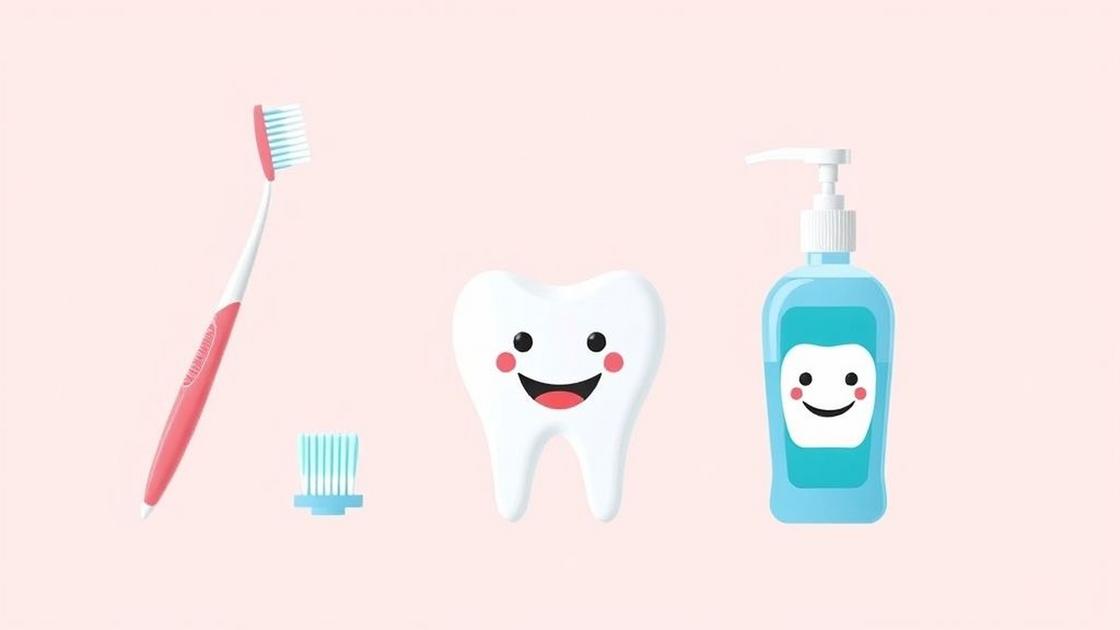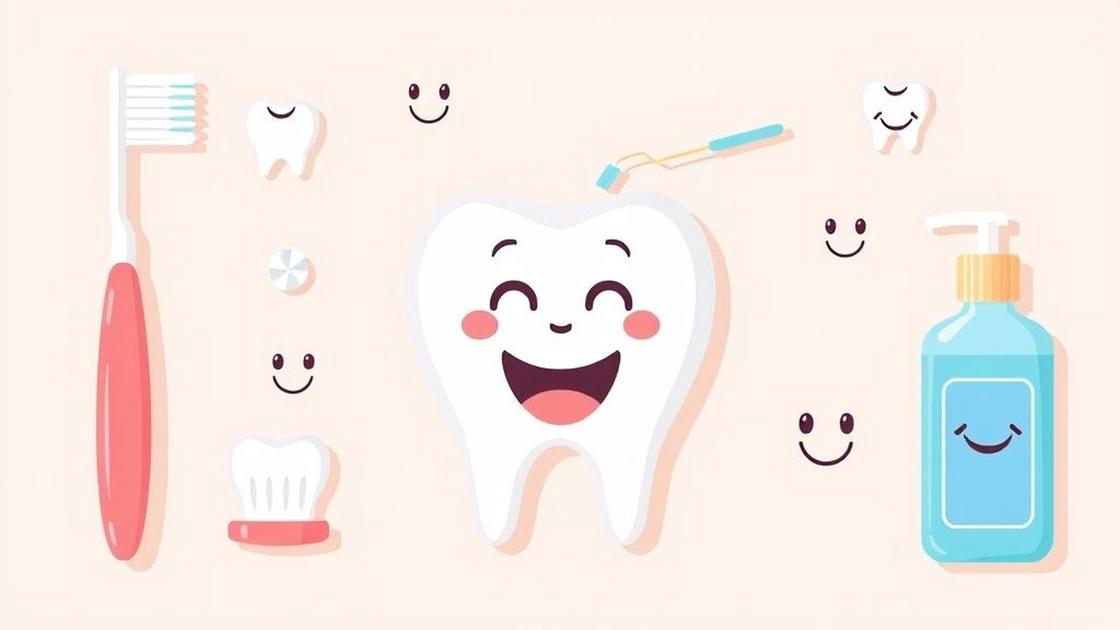Experiencing tooth pain can be unbearable, affecting your daily life and mood. If you’ve ever felt the discomfort of a throbbing tooth, you understand how disruptive it can be. Thankfully, how to stop tooth pain fast with natural remedies offers hope. In this article, we’ll explore effective natural solutions that have helped others alleviate their tooth pain quickly and safely.
Understanding the Causes of Tooth Pain
Tooth pain can spring from various causes, making it a common yet distressing issue. From cavities to gum disease, discomfort in your mouth can disrupt your day. Many women, especially over 30, find they have sensitive teeth, which can be a nagging reminder during everyday activities. Let’s explore some of the main culprits of tooth pain:
- Cavities: These are small holes in your teeth caused by decay. They can make eating and drinking painful.
- Gum Disease: Inflamed or infected gums can lead to pain and discomfort.
- Damaged Tooth: Chips or cracks can expose nerves, causing sharp pain.
- Tooth Sensitivity: Some people experience discomfort with hot, cold, or sweet foods.
- Sinus Pressure: Often overlooked, sinus infections can cause referred pain to the upper teeth.
Being aware of these causes can help in managing pain effectively.
Natural Remedies You Can Use at Home
Are you struggling with a throbbing tooth that prevents you from enjoying your day? Thankfully, there are several natural remedies you can try at home:
- Warm Salt Water Rinse: A classic remedy that can reduce swelling and cleanse the mouth.
- Cold Compress: Useful for numbing pain and reducing swelling.
- Aloe Vera Gel: Known for its anti-inflammatory properties, applying it can soothe sore gums.
- Essential Oils: Some oils like peppermint and tea tree oil have antibacterial properties that can provide relief.
The Power of Clove Oil for Relief
Clove oil is often hailed for its powerful pain-relieving properties. It contains eugenol, a natural anesthetic. Here’s how to use it:
- Application: Soak a cotton ball in clove oil and place it on the affected area.
- Combine with Carrier Oil: Mixing clove oil with a carrier like coconut oil can help improve its effects.
This simple remedy has provided quick relief for many, making it a go-to in emergency situations.
How Salt Water Rinses Can Help
A salt water rinse is an age-old remedy. It works wonders by:
- Killing Bacteria: Salt can hinder bacterial growth in your mouth.
- Reducing Inflammation: It helps to decrease swelling and promote healing.
- Neutralizing Acids: Salt can neutralize harmful acids that aggravate tooth pain.
Just mix a teaspoon of salt in a glass of warm water, swish it around for about 30 seconds, and spit it out. You can do this up to three times a day to alleviate discomfort.
Using Ice Packs for Pain Management
If the pain is sharp and intense, using an ice pack can be incredibly helpful. Here’s how:
- Wrap Ice in a Cloth: Never apply ice directly onto the skin, as it can cause frostbite.
- Apply for 15-20 Minutes: This will help reduce swelling and numb the pain.
- Repeat as Necessary: You can do this several times a day as needed.
This quick fix can make a world of difference, especially when discomfort strikes unexpectedly.
When to Consider Herbal Treatments
For those who prefer an alternative approach, herbal treatments can be beneficial:
- Turmeric: Known for its anti-inflammatory properties, it can be made into a paste and applied to the affected area.
- Ginger: It can improve circulation and reduce pain. Drinking ginger tea can be soothing.
Before trying any herbal remedy, consult with a healthcare professional to ensure it’s safe and appropriate for your condition.
The Role of Proper Oral Hygiene
Maintaining good oral hygiene is crucial to preventing tooth pain. Here’s what you should do:
- Brush Twice a Day: Use fluoride toothpaste to remove plaque and prevent decay.
- Floss Daily: This helps remove food particles and plaque from between your teeth where the brush can’t reach.
- Regular Dental Check-ups: Visit your dentist at least twice a year for cleanings and check-ups.
Your efforts in taking care of your teeth can save you from intense pain down the road.
Avoiding Foods That Trigger Tooth Pain
Some foods can worsen tooth pain and sensitivity. Consider limiting:
- Sugary Foods: Candies and sweets can increase decay and pain.
- Acidic Foods: Citrus fruits and vinegar can irritate sensitive teeth.
- Hard Foods: Nuts and hard candies can cause further damage to already weakened teeth.
Being mindful of what you eat can help manage your tooth health effectively.
Seeking Professional Help: When It’s Necessary
While home remedies can provide temporary relief, sometimes professional help is crucial. Consider seeking a dentist’s advice when:
- Pain Persists: If pain doesn’t go away after a few days, it’s time to consult.
- Signs of Infection: If you notice swelling, fever, or pus, seek immediate care.
- Difficulty Eating: If pain makes it hard to eat or drink, don’t wait.
Your oral health is important, and it’s better to be safe than sorry.
Empower Yourself with Knowledge for Better Oral Health
Taking charge of your oral health can be empowering. Remember that you’re not alone in facing tooth pain, and many women experience similar challenges. By following these simple steps—whether through natural remedies or adaptations in your daily routine—you have the power to alleviate pain.
Explore these solutions and remember that improving your symptoms is possible, just as countless other women have done. With the right approach and a bit of persistence, you can find relief and take control of your dental health.






